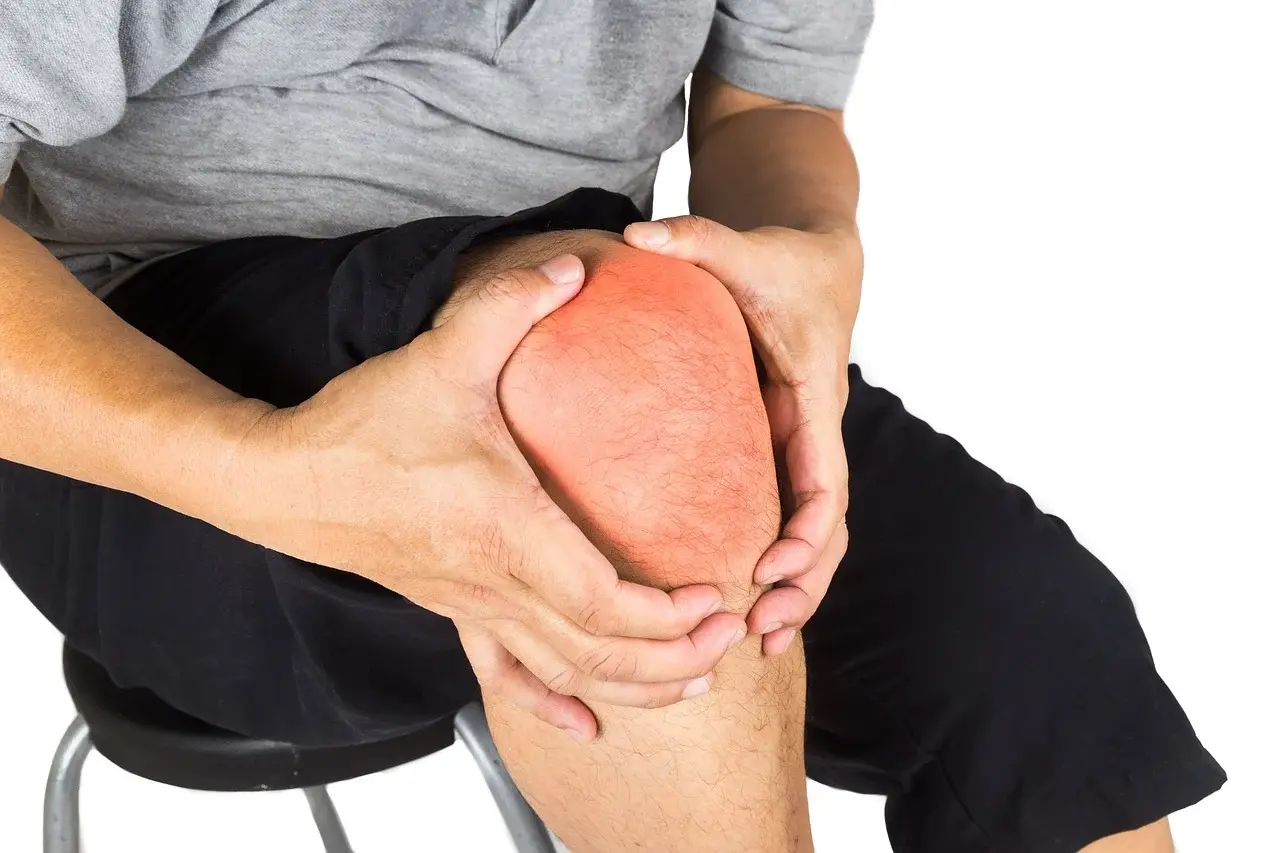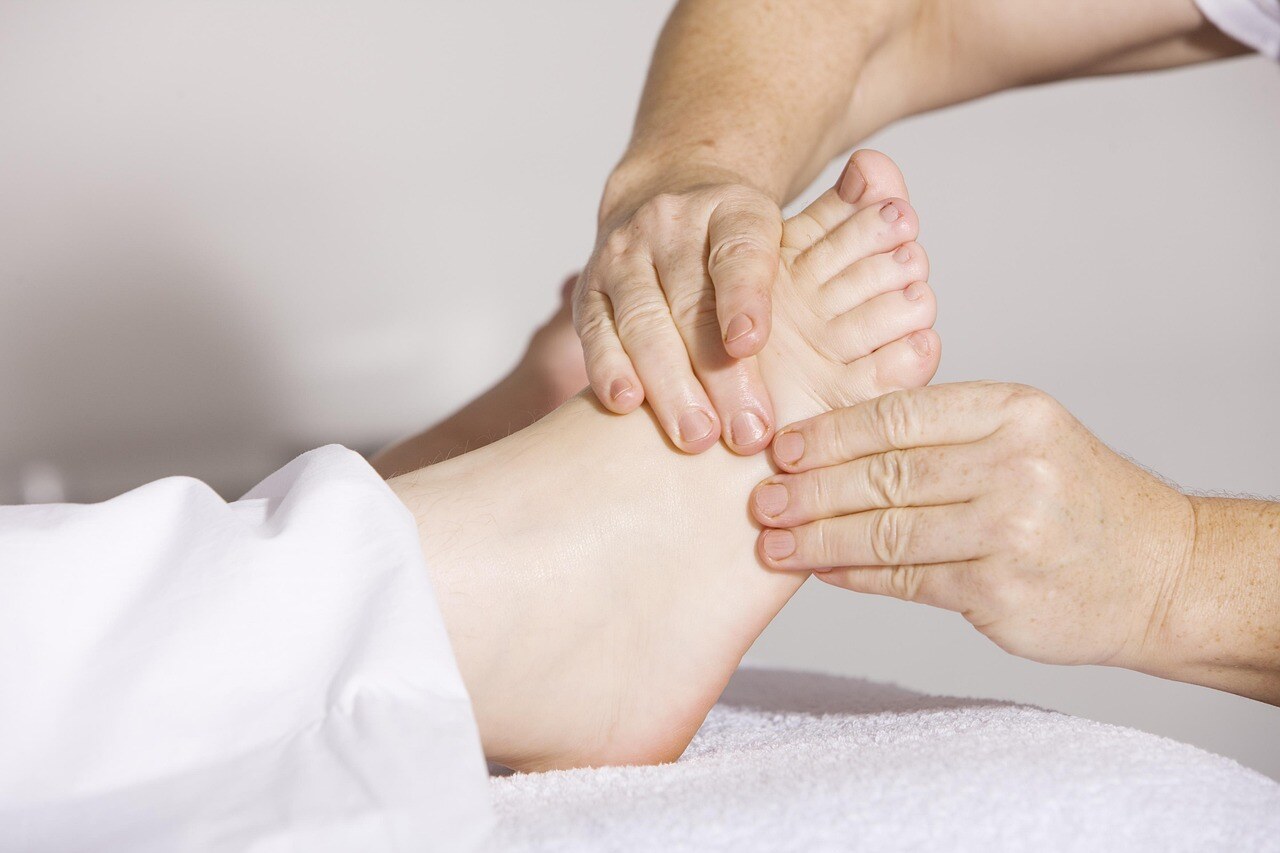“ Around 25% of people over 45 years experience pain and other symptoms that may be severe and negatively impact quality of life"
- Mahir et al
To cut or not to cut:
Technology is advancing quickly and surgery seems to be more often a primary line of treatment rather than a last resort. This blog dives into the research on surgery for those with osteoarthritis (OA) in an effort to help you make an informed decision.
I often am helping people to answer the question, should I have surgery? I understand why this is such a valid question. Knee pain is extremely debilitating. It can affect your work productivity, your exercising, your hobbies, your house work and time with family! When pain regularly gets in the way of your day to day activities it can have a significant impact on your quality of life! If surgery can provide relief from this, then it makes sense you would consider it. People quickly realize that family members, friends, health professionals and doctors all have varying opinions and unique experiences. Unique being the key word. Each person has varying experiences and situations that can provide wisdom but ultimately cannot make the decision for you. Unfortunately surgeons often do not do a great job of providing a true "informed consent" these days and many people have false expectations.
For example, a study by Pihl et al. showed how people are overly optimistic going into meniscus surgeries.
In general, patients expected fast recovery and a high level of participation in leisure activities after meniscal surgery. However, less than half of them were able to participate in leisure activities at their expected level at the 3-month follow-up, although >90% had expected to be fully recovered at this time point. Furthermore, less than 50% were satisfied with their current knee function 3 months after surgery.
So how do we make an informed decision about knee surgery if you have arthritis?
A 2017 Review of the literature looked at this very topic. For this review they whittled down a collection of 149 studies on the topic to include 15 that were a high enough quality to be worth considering. If you ever read literature reviews you quickly learn how unhelpful one study by itself is. Seeing how many they eliminate because of poor quality should make us wary of the one-off "news" articles meant to sell you something based on a single study.
Here were the basic results
-
Having arthroscopic surgery almost doubles (1.89) your chance of having a knee replacement
1 year later(1)!
-
There was a low risk of infection (2-5:1000).
-
There was minimal to no risk of nerve damage.
-
3 months later people who had arthroscopic surgery saw "very small benefits in pain, function and quality of life."
-
2 years later that small improvement no longer existed when compared to the non-surgical group.
-
They noticed a high amount of bias in the studies because of lack of blinding (hiding the intent of the study from the practitioner and participant)
This was the authors conclusion:
This systematic review provides high-quality evidence that patients with degenerative knee disease who undergo arthroscopy experience, on average, very small benefits in pain, function and QoL over periods of up to 3 months when compared with patients who receive a conservative management strategy. Results up to 2 years failed to show benefits in pain or function, and excluded any but very small benefits” - Brignardello-Petersen et. al.
Longer term studies are harder to conduct and difficult to find but I will keep searching. Hopefully this can be some helpful evidence if you are considering something like surgery. Always get a second opinion and preferably from somebody outside whatever healthcare system your surgeon is part of.
I readily admit my bias that most surgeries can be avoided. If we can create an environment that allows the body to heal, it usually is good at doing just that!
If you are considering surgery, we would love to talk with you. There may be a way to save you that, time, pain and money.
References
-
Brignardello-Petersen R, Guyatt GH, Buchbinder R, Poolman RW, Schandelmaier S, Chang Y, Sadeghirad B, Evaniew N, Vandvik PO. Knee arthroscopy versus conservative management in patients with degenerative knee disease: a systematic review. BMJ Open. 2017 May 11;7(5):e016114. doi: 10.1136/bmjopen-2017-016114. PMID: 28495819; PMCID: PMC5541494. https://www.ncbi.nlm.nih.gov/pmc/articles/PMC5541494/
-
Mahir L, Belhaj K, Zahi S, et al.. Impact of knee osteoarthritis on the quality of life. Ann Phys Rehabil Med 2016;59s:e159 10.1016/j.rehab.2016.07.355 [CrossRef] [Google Scholar] [Ref list]
-
Pihl K, Roos EM, Nissen N, JøRgensen U, Schjerning J, Thorlund JB. Over-optimistic patient expectations of recovery and leisure activities after arthroscopic meniscus surgery. Acta Orthop. 2016 Dec;87(6):615-621. doi: 10.1080/17453674.2016.1228411. Epub 2016 Sep 13. PMID: 27622598; PMCID: PMC5119445.
-
July 11, 2002 A Controlled Trial of Arthroscopic Surgery for Osteoarthritis of the Knee. N Engl J Med 2002; 347:81-88 DOI: 10.1056/NEJMoa013259





